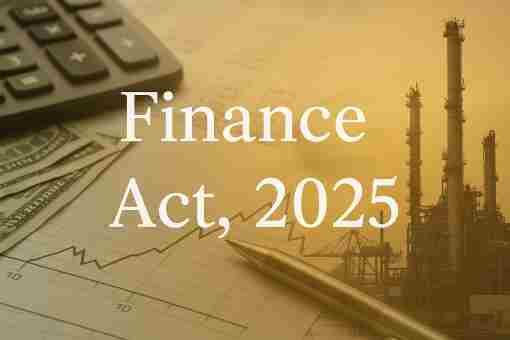Islamabad, July 15, 2025 – In a decisive step to prevent a nationwide business shutdown, the federal government has formed a high-powered committee to address the grievances of traders and industrialists arising from Section 37A of the Finance Act 2025.
The move follows an emergency meeting held today in Islamabad under the chairmanship of Finance Minister Senator Muhammad Aurangzeb.
At the center of this strategic response is the newly established committee, which has been given a 30-day mandate to engage all stakeholders, build consensus, and deliver concrete recommendations to the Prime Minister and the federal cabinet. The committee will be led by Haroon Akhtar Khan, the Prime Minister’s Special Assistant on Industries and Production. Other key members include Minister of State for Finance Bilal Azhar Kayani, PM’s Coordinator on Trade Rana Ehsan Afzal Khan, FBR Chairman, and selected representatives from business chambers and the wider commercial sector.
The formation of the committee comes amid mounting pressure from the business community, which has threatened a nationwide strike on July 19. The Karachi Chamber of Commerce and Industry (KCCI), one of the main drivers of the protest call, has said it will make a final decision on the strike tomorrow after consulting with other trade bodies.
Finance Minister Aurangzeb assured traders that the government does not intend to target legitimate businesses but is focused solely on curbing systemic tax evasion. He emphasized that the government stands for transparency, dialogue, and cooperation, not coercion.
The committee has been empowered to consult widely with business leaders, trade bodies, and government institutions to craft an actionable and mutually agreeable solution. This initiative is seen as an urgent attempt to calm economic unrest and avoid a disruption that could paralyze markets and industrial activity across the country.
Business representatives welcomed the initiative but insisted that outcomes—not promises—would determine their next steps. All eyes are now firmly fixed on the committee, whose work over the next 30 days could determine whether Pakistan moves toward confrontation or compromise.
In what could be a defining moment for state-business relations, the success or failure of this committee may well set the tone for future policymaking in Pakistan.
